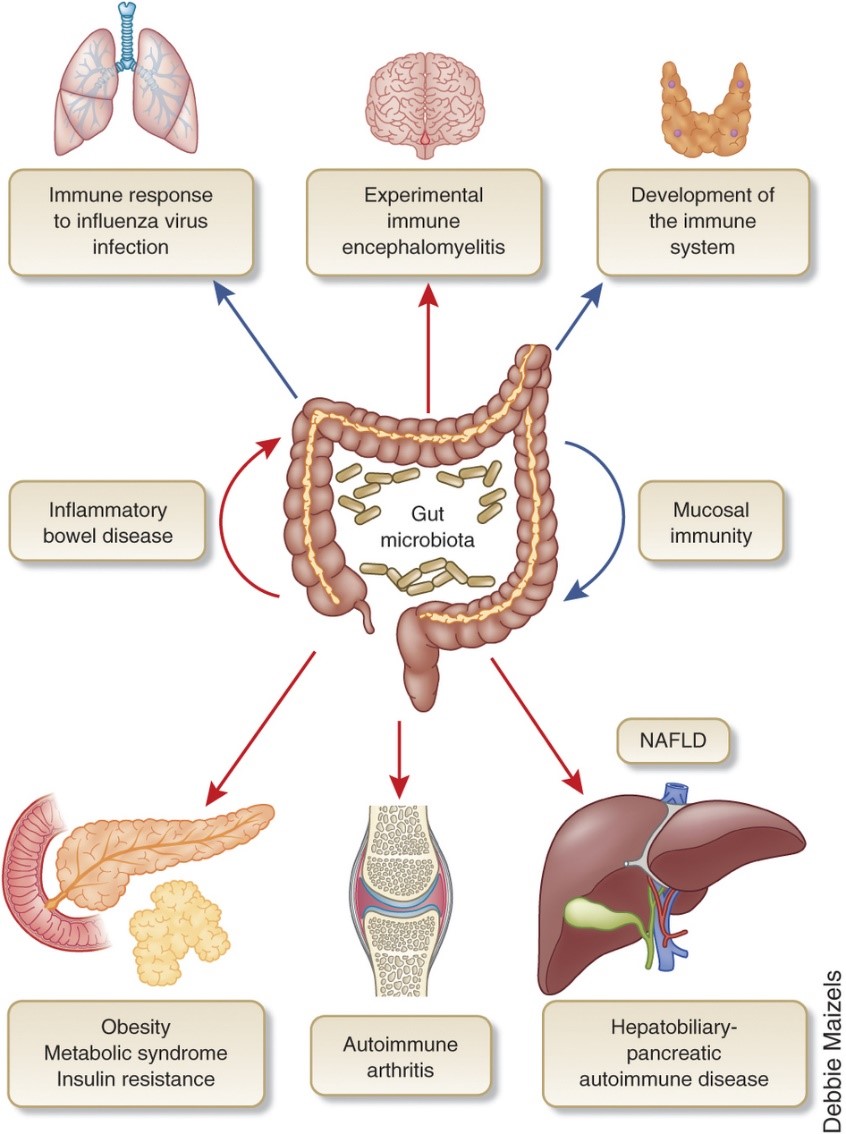Precision medicine, also known as personalized medicine, it can be evaluated not only through the traditional symptom descriptions and routine examinations but also the addition of biomedical tests (such as gene sequencing, protein detection, metabolic testing, etc.) by the human genetic database. The most suitable treatments and drugs for patients will be selected with the maximum effect of treatment and minimum side effects. The technical strategies involved in this individualized difference include two aspects of precision diagnosis and precision treatment. Precision Medicine pursues accurate, genetic-level diagnosis of patients. Based on this, targeted, individualized treatment, new drugs and treatment technologies will be developed in the future.

The microbes in our body are inhabited by a hundred times the number of cells in our body, the largest of which is in our lower intestines, which we collectively refer to as the " Gut microbiome " These intestinal symbiotic bacteria are essential to our health by metabolizing residual food, providing us with the necessary nutrients, stimulating immunity, and coping with pathogens that are waiting for opportunities to invade. However, due to the traditional bacterial culture method, only a very small part of the intestinal flora can be confirmed. In addition, it has been impossible to see whether the gut microbiota play a role in human health and diseases, and it has always been ignored in the past. Now, this bottleneck can be overcome by using next-generation nucleic acid sequencing technology without the need for bacterial culture. This technical breakthrough has initiated our study of the association of gut microbiome with human health and diseases. In fact, more and more research has begun to investigate how gut microbiota affects intestinal function, systemic immune response, metabolism, neurological/ psychiatric diseases, and neoplastic diseases including obesity, diabetes, metabolic syndrome, joint sclerosis, inflammatory bowel disease, autoimmune encephalomyelitis, neuropsychiatric disorders (such as autism, depression, anxiety), nonalcoholic liver disease, cirrhosis, and different types of human cancers such as gastric cancer, colorectal cancer, lung cancer, pancreatic cancer, liver cancer, gallbladder cancer, etc.. After several years, through the relevant research of gut microbiome, the detection and treatment with intestinal flora will become one of our routine clinical examination.


